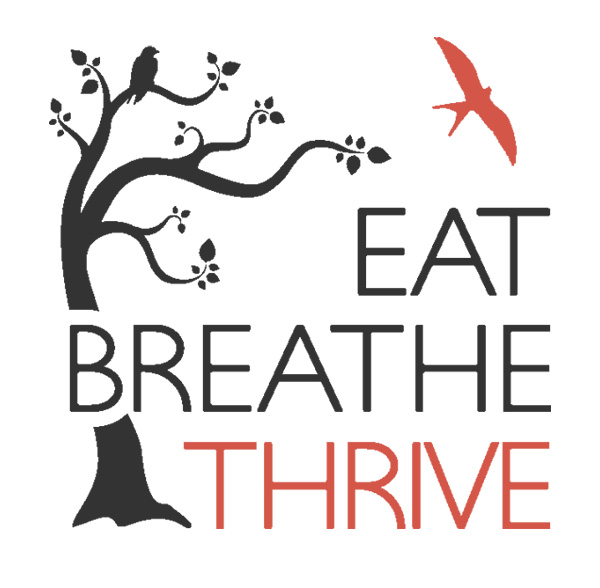Diet Culture: How Toxic Wellness Drives Eating Disorders
By: Anita Beijer
January is a labyrinth whose walls are plastered with posters that give a voice to toxic wellness and diet culture. Some advocate diets that tell us to restrict or add “clean” food groups. Others promote workout routines that encourage weight or muscle tone changes. This maze has become an inescapable journey for many.
At each turn, the complexity of the maze continues to grow and become more overwhelming as varying perspectives on wellness are introduced. Similarly, diet culture seems to be never-ending. In this blog post, we'll unravel the toxic grip of diet culture and highlight its role in fueling eating disorders.
What is Diet Culture?
Diet culture consists of a set of societal beliefs and expectations around food and weight.1 The media and society constantly reinforce diet culture and establish stereotypes that promote specific body types and weights.
The effects of diet culture permeate most of the places we interact with and take up space in. You can find posters that encourage you to play into a system that promotes toxic wellness in places like grocery stores and restaurants, gyms, and studios, and even as early as science class in primary school when you first encountered the notions of following a “healthy” diet.
For many, it is easy to recall a figure in our lives telling us to eat or exercise a certain way from a young age. From the moment you can understand food, your body, and your ability to choose, a system that promotes “wellness” and disordered practices instills “good” and “bad” into your moral code.
Diet Culture and Eating Disorders
Each year, millions – nearly half – of Americans make resolutions focused on fitness and weight loss.2 The media promotes these resolutions and disguises disordered behaviors as goals that promote health and wellness, despite being fueled by unsustainable calorie deficits, unhealthy exercise habits, and unattainable beauty standards.
Within the maze of toxic wellness, there is a tendency to not recognize what differentiates healthy behaviors from disordered behaviors. Recent studies underline these effects. One study specifically revealed that higher diet culture engagement is related directly to higher eating disorder status and dysregulated eating patterns.3 The nature of this correlation is related to the similar thought processes that occur within diet culture, eating disorders, and disordered eating. All of these are likely to equate health with a specific body type, promote dangerous ideas, and instill problematic decision-making pathways.
Toxic wellness and diet culture promote negative weight stigma and unhealthy habits that continuously perpetuate the silent epidemic of eating disorders. By finding spaces and communities that actively work to let go of these expectations, you can begin to root yourself back into a belief system that has a kinder and healthier narrative.
FINDING THE WAY OUT OF THE MAZE
Unmasking toxic wellness and ditching diet culture is the first step towards re-friending your body and mind. Because these systems are so deeply instilled into our lives, we must find the right groups and spaces to encourage change and grow into healthier habits.
As someone who is currently looking for ways to quiet the impact of diet culture, I have found yoga helps me hit pause on the “good” and “bad” thinking and negative self-talk. Research has found that yoga helps with body awareness, promotes a healthier relationship with food, and increases body satisfaction and self-acceptance. When you practice yoga and enter a flow state, your brain slows down and becomes less attentive to how the world perceives you and how you appear.4 Instead, you begin to focus inwards and place attention on mindful movement that you carry with your breath.
“Research has found that yoga helps with body awareness, promotes a healthier relationship with food, and increases body satisfaction and self-acceptance.”
At Eat Breathe Thrive, we dedicate ourselves to helping individuals on the path to recovery through yoga. Community and peer support is a large part of what we believe are essential in eating disorder recovery. Because of this, the National Association of Anorexia Nervosa and Associated Disorders (ANAD) will co-host one of our Yoga + Recovery Chats themed around Unmasking Toxic Wellness and Ditching Diet Culture” as a part of our continued partnership.
Join us as we navigate the pitfalls of wellness. We'll shed light on the thin line between self-improvement and self-destruction in the quest for a healthier life. Recovery is possible. And we believe yoga and community support make all the difference. Bring your curiosity, compassion, and yoga mat.
References
About the Author

Anita Beijer is a pre-med student at the University of Florida and a certified yoga teacher (RYT-200). She began to practice yoga in 2023 and, as a former dancer, loved the moving meditation aspect of it! Yoga has become an outlet for her and has transformed the way she views movement - she hopes to be able to give back to her students in the ways her teachers have given to her. Anita is fascinated by the intersections of yoga and science and the roles that the practice plays in our daily lives. As an Eat Breathe Thrive volunteer, she hopes to amplify the values of the organization by sharing her passions and lived experiences!


